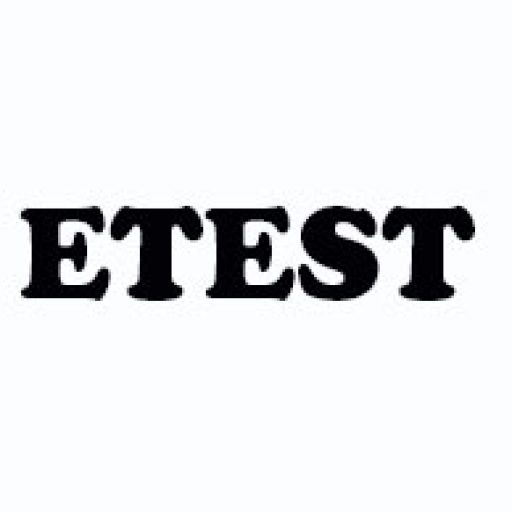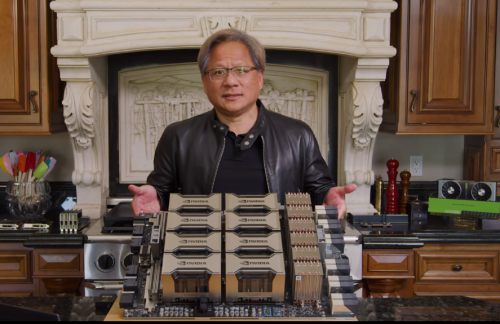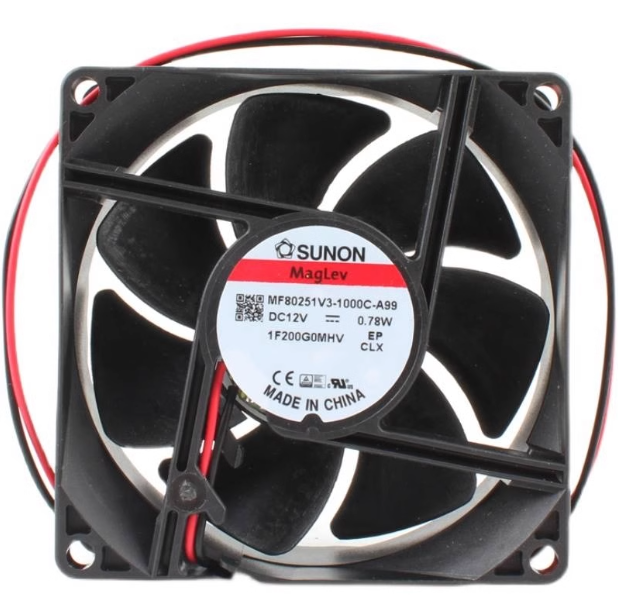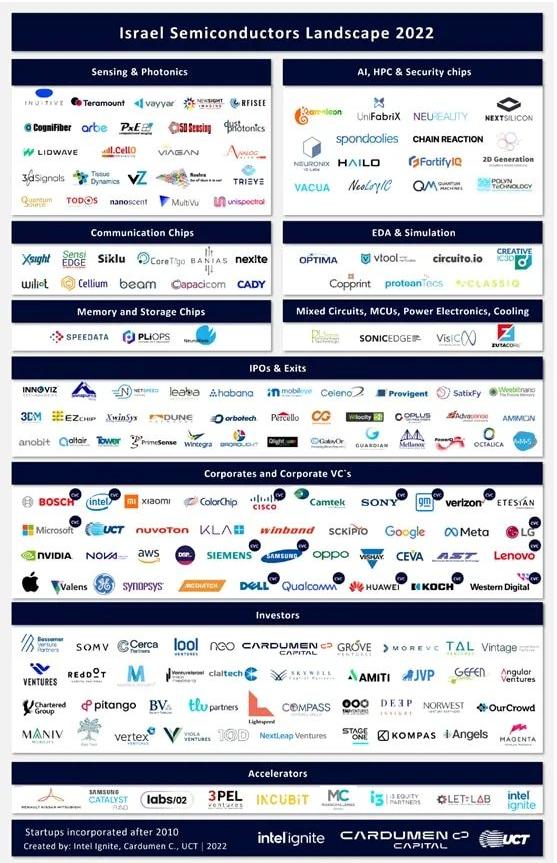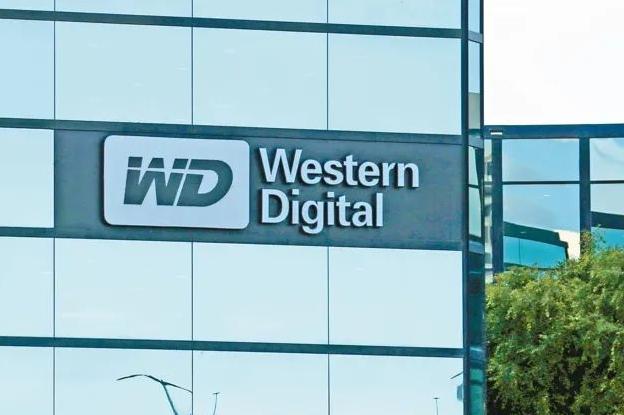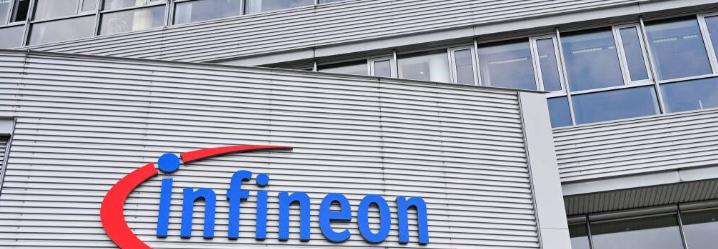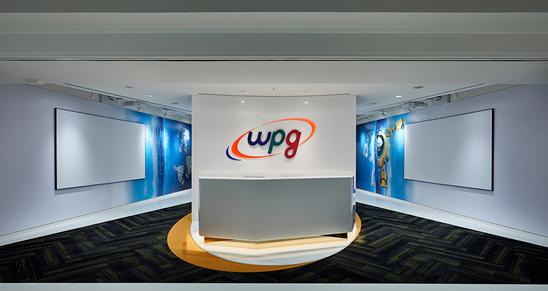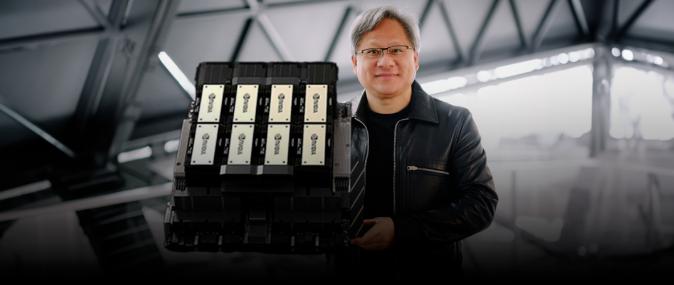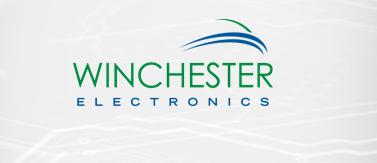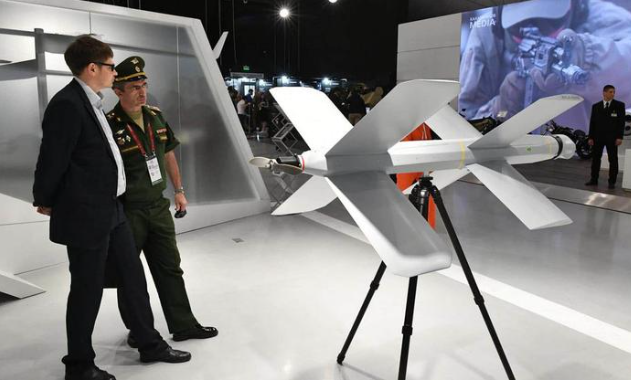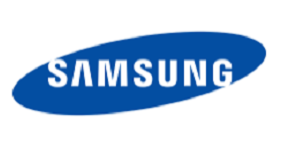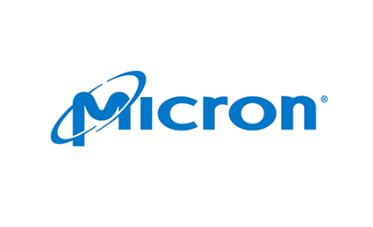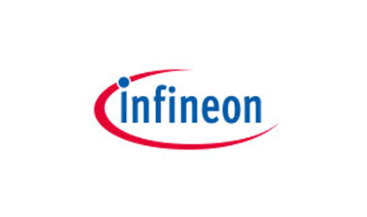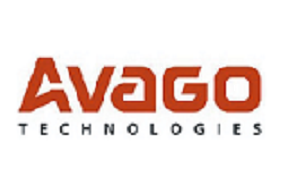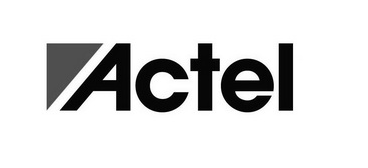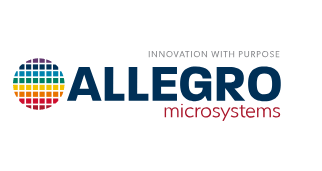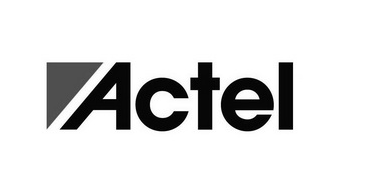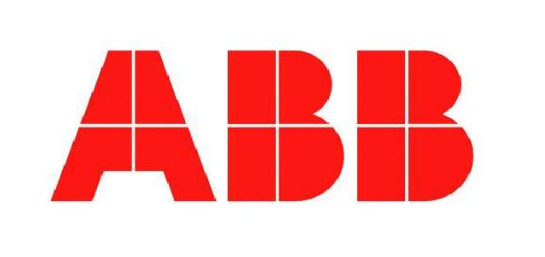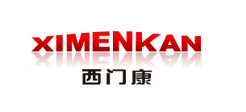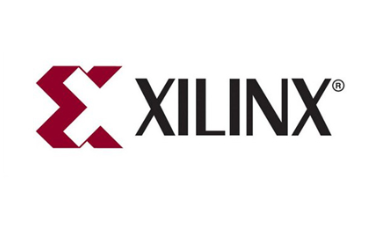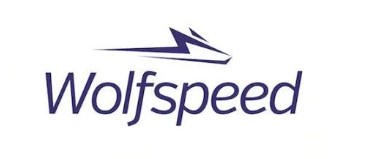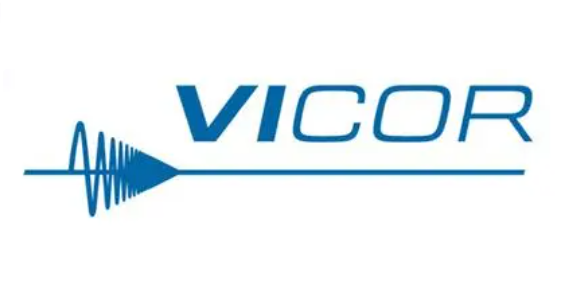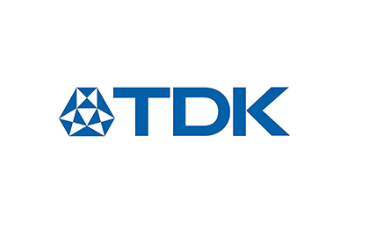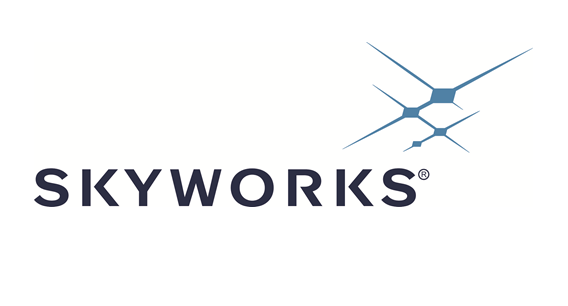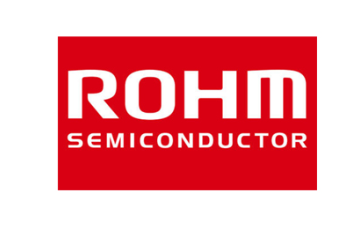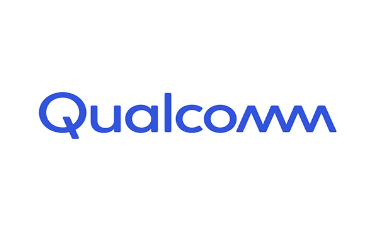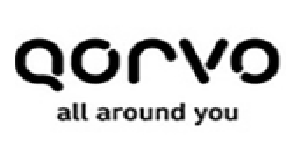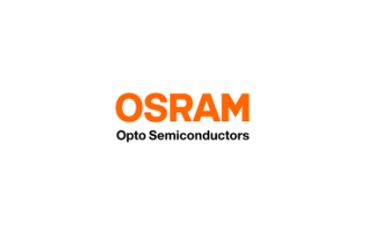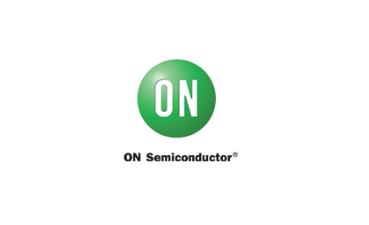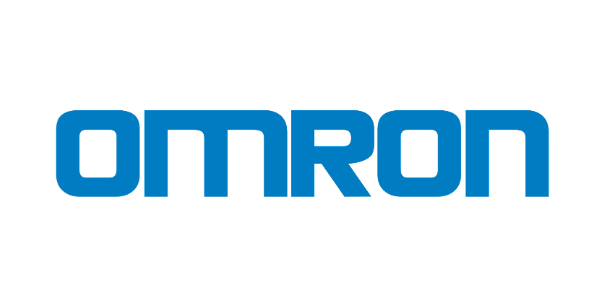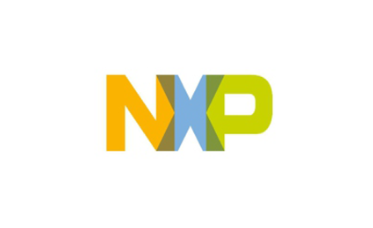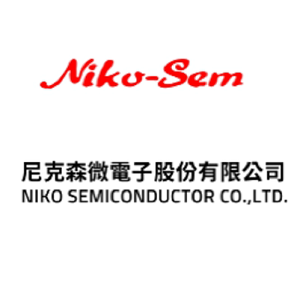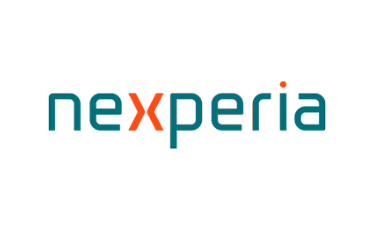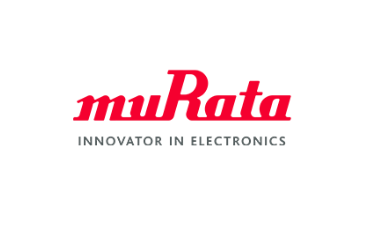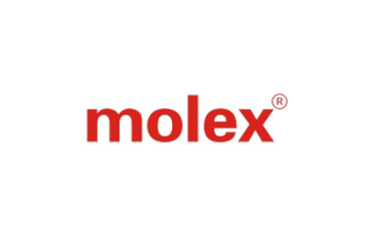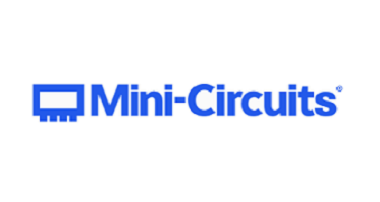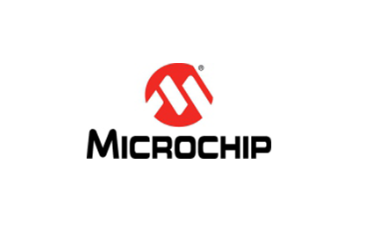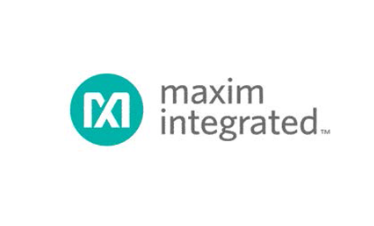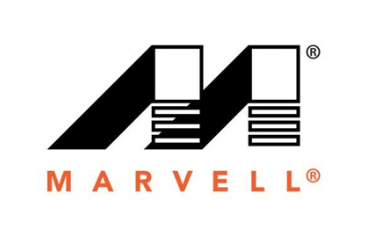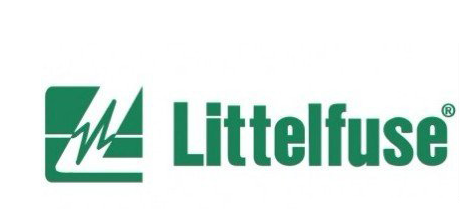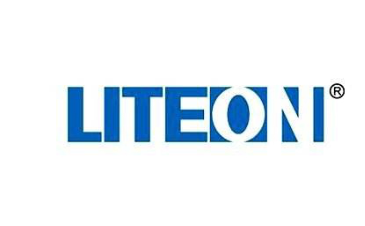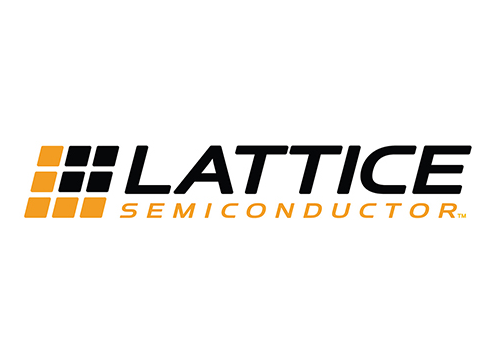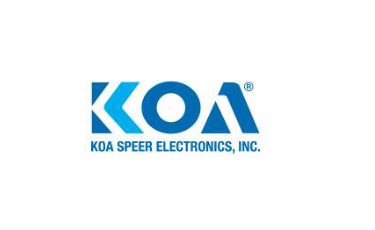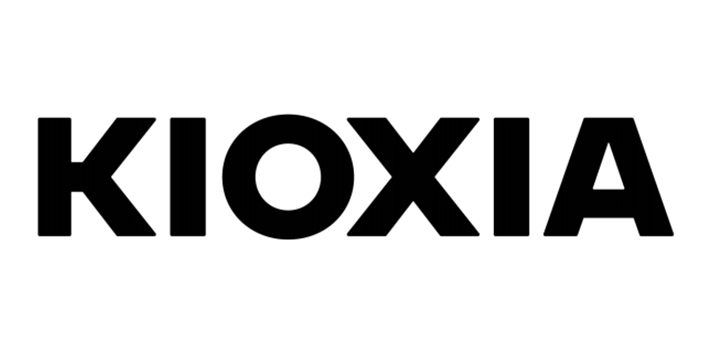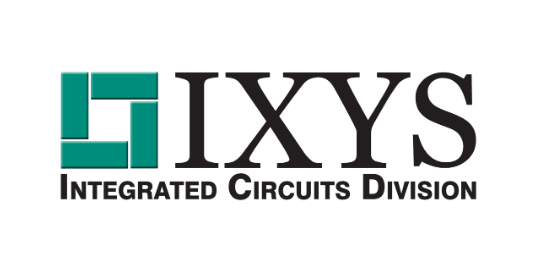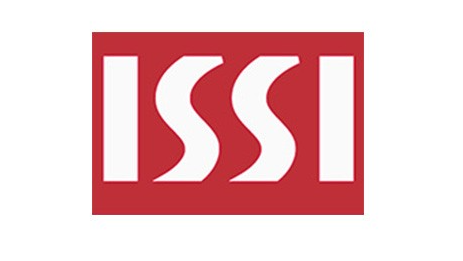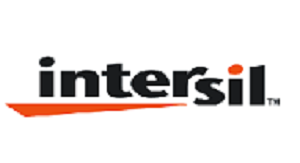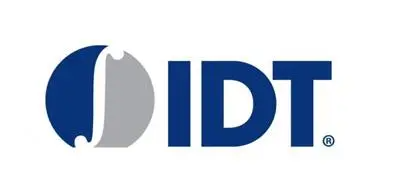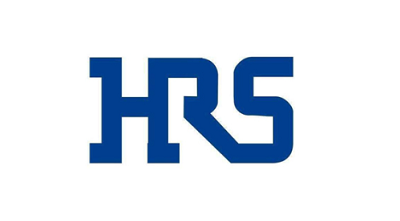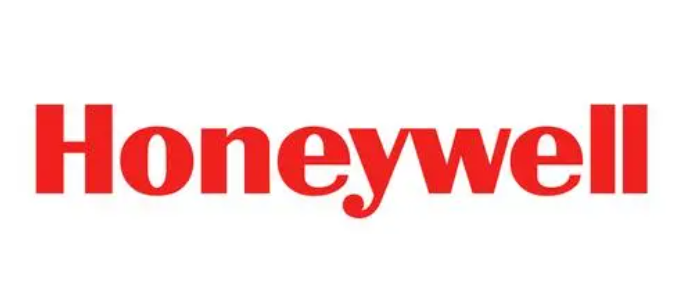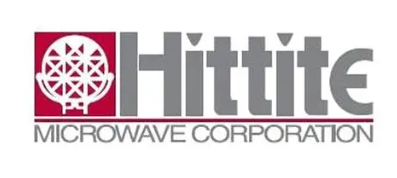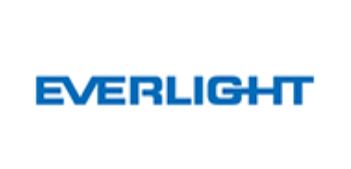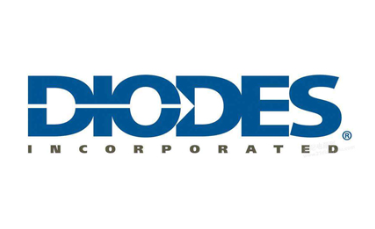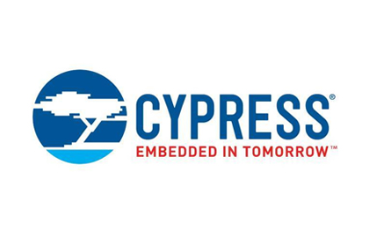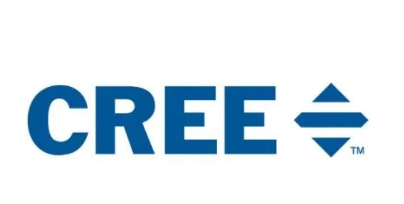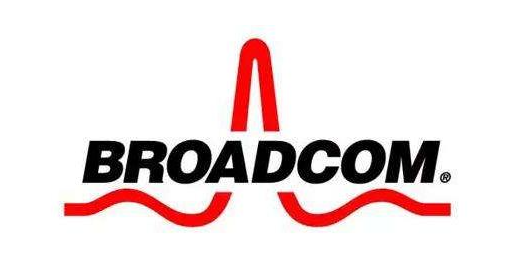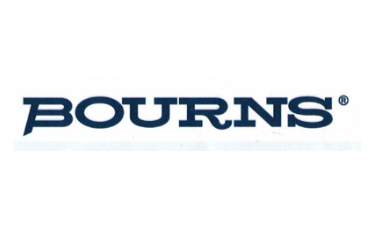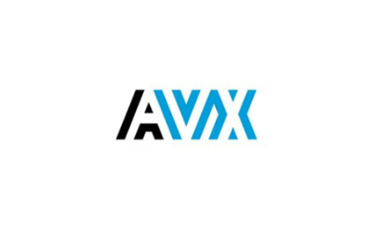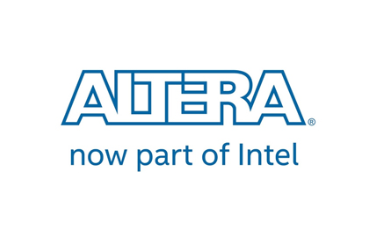Israel is a country well-known for its powerful chips. There are a number of successful chip companies in Israel such as Hailo Technologies and Habana Labs and some prominent Israeli companies have been acquired by foreign companies such as Mellanox Technologie and ColorChip. Various factors ranging from financial support to culture all contribute to Israel’s development in chip industry.
It is a universally accepted truth that Israel is a marvellous country. No one will ever deny it. But what is the first thing that pops up in your mind when Israel is mentioned? It will probably be its advanced technology, powerful military, continuous wars, lack of oil, shortage of fresh water, small population, tiny territory, and so on.
It is quite unbelievable and unimaginable that such a small country, whose population accounts for only 0.2% of the world’s population, however, has won 20% of the Nobel Prizes. Suffered from abject poverty and ceaseless wars, the embattled Israel not only managed to survive, but also succeeded in turning itself from a “tiny unimportant country”to a well-deserved “chips kingdom”in such adversity.
According to the data from Israel’s IVC Research Center, as of January 2018, there were in total 163 chip companies in Israel, including 35 research and development centers, 67 startups, 30 fabless chip design companies, 20 semiconductor manufacturing companies, 10 optical communication companies, and 8 foundry wafer foundries.
Chip Companies in Israel
Artificial Intelligent (AI) Chip Companies
As the AI boom spread all over the world, AI chips have soon become one of the hottest businesses. Being a global leader in AI industry, Israel has also given birth to a lot of AI chip companies.
1.Hailo Technologies
Hailo Technologies is an Israel-based company founded in 2017. In May, the company launched its first processor customized for specialized end-to-end deep learning applications, which can be installed in devices including autonomous vehicles, smart cameras, smart phones, drones, VR/AR platforms, and so on. Unlike the processor that is used in data centers, this chip mainly features low power consumption, compact size, affordable price, and operational versatility. Its initial samples are about to be delivered to the main manufacturers and suppliers in automobile and camera industries to undergo performance testing.
In 2018, Hailo Technologies has raised $12.5 million in its completion of a Series A round of financing. This fund is expected to be invested in the development of a deep learning processor intended for data-collecting and data-processing in autonomous driving.
2.Habana Labs
Habana Labs, founded in 2016, is a fabless semiconductor company located in Tel Aviv, Israel and San Jose, California. The company specializes in utilizing artificial intelligence to improve processing performance and meanwhile cut costs and power consumption of the chips. Besides, the company developed artificial intelligence processors from scratch, optimizing for the specific needs of training deep neural networks and inference and deployment in production environments. Among all AI semiconductor startups, Habana Labs is the first one, and also the only one to introduce a production-ready AI processor.
In September 2018, Habana Labs introduced the world’s highest performance AI inference processor sample, claiming that its performance is one to three orders of magnitude higher than half of solutions deployed by data centers nowadays . Based on its Goya HL-1000 processor, the PCIe card is able to deliver 15,000 images per second throughput on the ResNet-50 inference benchmark, with 1.3 milliseconds latency, consuming only 100 watts of power. From the ground up, Habana Labs designed the Goya inference solution, aiming to realize deep learning inference.
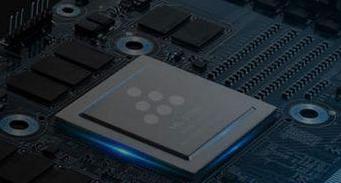
3.Inuitive
Inuitive, a Israel’s semiconductor startup founded in 2012, is a company that designs advanced 3D computer vision and vision processors. Leveraging the licensed CEVA-XM4 intelligent DSP, Inuitive is enabled to run complex, real-time depth sensing, feature tracking, object recognizing, deep learning and other vision-related algorithms that target a wide variety of portable devices. The company’s NU3000/NU4000 are application-specific integrated circuits (ASICs) that support 3D Imaging Processing and Computer Vision (CV) processing. It is said that Inuitive is the first and the only one company that offers specific and complete 3D Imaging and CV co-processors.
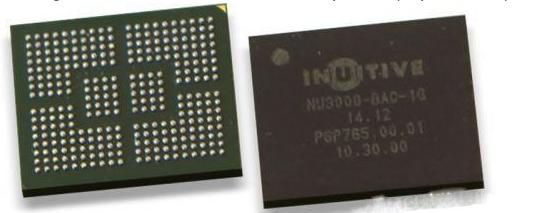
In 2017, Inuitive and Japanese SoftBank Corp., a subsidiary of SoftBank Group Corp., reached agreement on their collaboration on IoT. In the future, Inuitive’s chips will be used by SoftBank in the field of Internet of Things (IoT). In addition to SoftBank, Inuitive also had collaboration with Baidu and Tencent on robotics. Moreover, the company also set up a squad in Shenzhen for customer support.
4.Vayya Imaging
Vayya Imaging is a 3D sensor company set up in 2011. The three co-founders of the company all have solid career background. They each have held important positions in high-tech companies such as Intel and all have 20 to 30 years of research and development experience in some professional fields. Among them, two have been in positions of power in Israeli Defense Force (IDF).
As the global leader of 3D Imagining technology, Vayyer Imaging not only developed sensors used for breast-cancer scanning, leakage detecting, safety monitoring, and many other applications, but also successfully developed the Systerm on a Chip (SOC) for mmWave 3D imaging. Each with 72 transmitters and 72 receivers, the chip covers both imaging and radar band ranging from 3GHz to 81GHz.
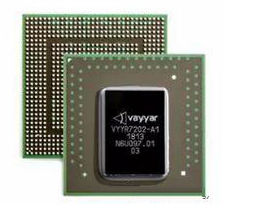
On December 28, 2017, Vayyar Imaging and SoftBank Corp. jointly announced their agreement on collaboration in the field of IoT. SoftBank is expected to become the channel priority partner for Vayyar’s products in the Japan market. SoftBank stated that there was a great synergistic effect between Vayyer’s sensor technology and its customer demand.
5.NeuroBlade
Established in 2017, NeuroBlade is a developer of processors for AI applications, which are developed for autonomous driving, video analysis, and image recognition. NeuroBlade’s chip, based on different technologies and architectures, can resolve the fundamental problem of running AI applications. The chip is aimed to run several neural networks and multiple complex algorithms simultaneously. Elad Sity, NeuroBlade’s CEO, said that NeuroBlade’s processors will be smaller and cheaper than the industry standard. Without disclosing any technical details about the product, he did revealed that the product was planned to hit the market in early 2020.
Powerful Chip Companies in Israel
Towerjazz
Towerjazz, the global specialty foundry leader, is formed through a merger between Tower semiconductor company and Jazz semiconductor company. Towerjazz manufactures chips for smart phones, battery chargers, AC/DC adapters, and image sensors. TowerJazz’s supports customers in various industries including automotive, medical, industrial, consumer, aerospace and defense. Over the last few years, TowerJazz has achieved an unprecedented growth in revenue while it helped its customer to succeed. In the future, the company will continue its pursuit of cutting-edge technology and good quality and will maintain its robust growth momentum.
Sckipio
Sckipio, set up in 2012 and eadquartered in Ramat Gan, Israel, mainly develops chips and broadband applications based on G.fast Modem. In 2014, Sckipio introduced the world’s first G.fast Modem chipsets, which are able to deliver up to 2Gbp/s throughput over existing copper wiring, providing a last-mile-broadband access for home users. It fundamentally changed how telecom service providers can supply users in need of broadband with 1Gbps ultra-broadband Internet access at the lowest cost. Allegedly, more than 20% of the Gfast standard in the market comes from Sckipio’s technology. Sckipio once ranked first among Israel’s tech startups and can, without question, be viewed as the global leader in G.fast field.
Autotalks
Autotalks is a fabless semiconductor company set up in 2008. This privately-owned company is devoted to providing vehicle-to-everything (V2X) communications for both manned and autonomous vehicles. Autotalks’ first-generation and second-generation chipsets in the market offer the highest performance and reliability, and theyare deployed in various exciting projects of connected and autonomous driving promoted by OEM and Tier1. In addition, Autotalks is the only supplier of global V2X solution that is compatible with any V2X technologies in the world, meanwhile hewing to the highest level of security, functional safety, and automotive requirement reliability.
Chips Companies in Israel That Have Been Acquired
The dominance of Israel’s chips is also made manifest in the fact that many Israeli chip companies with outstanding creativity and research and development capabilities have been acquired by foreign tech giants. According to research by OurCrowd, a Israel’s well-known equity-based crowdfunding platform, over the past ten years, more than 70% of Israeli chip-related companies have succeeded in either completing their IPOs or being acquired after they achieved millions of dollars of revenue
- Mellanox
Mellanox Technologie was founded in 1999. Headquartered in Yokneam, Israel, the company also set up an office in the United States. With its business focusing on chips for data center servers, Mellanox is a leading vendor of end-to-end interconnect solutions for both servers and storage. It specializes in manufacturing chips for Ethernet that interconnects servers and InfiniBand.
In March 2019, Nvidia officially announced its acquisition of Mellanox for up to $6.9 billion, which remained its biggest acquisition in the NVIDIA’s history. With the help of Mellanox, NVIDIA is expected to make greater progress in the server business, which constitutes approximately one-third of NVIDIA’s entire business.
2. ColorChip
ColorChip was founded in 2001 and headquartered in Yokneam, a northern city of Israel. The company mainly designs and manufactures communication components for telecommunication providers and data centers. Besides, it is also engaged in the development of hybrid integration technology based on what the company calls SystemOnGlass. By utilizing glass wafers to make optical components, ColorChip thus brought manufacturing technologies commonly used in the field of semiconductor fabrication to the one of optical communications. The company has its wholly-owned fab in Israel, where it is enabled to make various components. In terms of product, ColorChip mainly holds two portfolios of products – one is its passive PLC splitters for the FTTx markets, and the other is its transceivers for the high-speed internet. Facebook is one of ColorChip’s customers.
In 2018, Sanan Optoelectronics, a China’s chip design company, acquired the ColorChip for $300 million. The acquisition enables Sanan Optoelectronics to further expand its effort to research and develop integrated circuits and communication chips.
3.Mobileye
Mobileye is an Israeli company established in 1999 that develops vision-based systems securing passengers’ safety and reducing traffic accidents while driving. The company is the global leader in the development of monocular vision-based advanced driver-assistance systems (ADAS) and it provides system on chip (SOC) and computer vision algorithms to run Driver Assistance Systems (DAS) on customer premise equipment. Mobileye is the supplier of ADAS and autonomous driving technology for 27 famous car brands including BMW, Audi, Tesla, Volvo and Ford.
On March 13, 2017, Intel announced its acquisition of this autonomous driving technology company for $15.3 billion, which became the largest acquisition of an Israeli high-tech company.
4.Orbotech
Orbotech, launched in 1981, is a technology company located in Yavne, Israel. After more than 30 years of development, Orbotech has become a global leader in advanced manufacturing solutions. Without its machines, companies like Apple, Samsung, and LG will be unable to manufacture chips or develop new devices.
In March 2018, KLA-Tencor, a US semiconductor company, acquired Orbotech for $3.4 billion, hoping to seek new opportunities in booming markets such as printed circuit boards, flat panel displays, semiconductor manufacturing and packaging through this acquisition.
5.Toga Networks
Set up in 2009 and based in Hod HaSharon, Israel, Toga Networks is a provider of advanced technology research and high level design for the IT and telecommunications markets. The company has designed and developed a portfolio of products including switches and routers for the telecommunications industry, meanwhile expanding its business to include cloud storage systems and data center applications.
In December 2016, Toga Networks was acquired by Huawei. Both companies kept the commercial terms of the transaction confidential. Huawei did not provide further details on the acquisition.
6.Rocketick
In April 2016, Cadence spent $40 million on its acquisition of Rocketick, an Israeli chip startup. The Cadence Xcelium Parallel Simulator based on multi-core parallel computing technology is exactly built on the technology from Rocketick.
7.Wilocity
Wilocity is an Israeli fabless chip manufacturer that is mainly engaged in the development of WiGig chips. WiGig is a new wireless communication technology standard that is able to deliver a wireless transfer speed of up to 7Gbps over a relatively short distance of 10 to 20 meters, operating on a 60GHz band. In July 2014, Qualcomm announced its acquisition of Wilocity for $300 million.
8.Annapurna Labs
Annapurna Labs is an Israel-based chip manufacturer founded in 2011. The company principally specializes in the development of microprocessors, which allow low-power computing servers and storage servers to run data quickly. Annapurna Labs is one of the most prominent chip startups in Israel over the past decade. In January 2015, it was acquired by Amazon.
9.Primesense
Founded in 2005, PrimeSense is an Israeli company that has revolutionized the way that digital devices view and understand the world. In November 2013, Apple acquired PrimeSense for $345 million. Recently, PrimeSense’s technology has already been incorporated in the 3D touch technology and it is predicted to be further used in Apple TV.
10.BroadLight
BroadLight, an Israeli chip-developer set up in 2000, is the leading supplier of highly integrated networking and embedded processors which provide fiber grade quality of service delivery for central office and customer premise equipment. The company’s main business is providing semiconductors and software for fiber optic communication networks. Before being acquire, it has raised $55 million. In March 2012, Broadcom announced its acquisition of BroadLight for $195 million. In addition to BroadLight, Broadcom aloso acquired another Israeli chip developer Provigent for $313 million in April 2011.
There are still numerous cases of acquisitions of Israeli chip companies besides those mentioned above. For example, ARM’s acquisition of Sansa Security in August 2015, Cisco’s acquisition of Leaba in March 2016, Sony ’s acquisition of Altair Semiconductor in January 2016, Amazon’s acquisition of Annapurna in January 2015. Qualcomm ’s acquisition of Wilocity in July 2014, Apple’s acquisition of Israeli flash memory design company Anobit for about $400 million to $500 million in December 2011, Samsung’s acquisition of Israeli chip design company TransChip for $70 million announced in November 2007, Marvell’s acquisition of LAN chip provide Galileo Technology for $2.7 billion in 2000 and so on.
Why Israel’s Chips are So Powerful?
Like Rome, Israel’s status as a “chip kingdom” was not built in one day. According to the report by Israel’s Ministry of Economy and Industry, Israel’s semiconductor industry originated in Intel’s Israel Development Centre (IDC) founded by Israeli engineer Dr. Dov Frohman in Haifa in 1974, which is technically Israel’s first development center. On this basis, Intel’s Israel Company was set up afterwards. Nowadays, Intel is the biggest foreign investor in technology in Israel. Over the past 40 years, many technology giants, represented by Intel, have set up factories in Israel, such as Apple, Broadcom, Qualcomm, Samsung, Huawei, Texas Instruments, LG, Hitachi, Marvell, KLA-Tencor, etc. So how exactly did Israel manage to attract giants from all over the globe? How did it succeed in developing itself to a chip power? Let’s find out the reasons.
- Strong deliverability: In semiconductor industry, punctual delivery of design and manufacture is highly valued and required. Israeli development teams possess the ability to develop and make products time-efficiently. This is because most Israeli engineers have once served in the military, and moreover, many Israeli technology companies were actually founded by retired military officers, who acquired the ability to respond and react quickly in the forces.
(2) Open-mindedness and creativity: Israeli engineers are equipped with innovativeness and open mind, especially when it comes to dealing with the issues related to low power consumption, high frequency and compact size. Many large international companies exactly gravitate towards Israeli companies’ creativity, hoping to develop their own businesses with the help of it.
(3) Talent cultivation: Israel’s polytechnics are also one of the factors contributing to the innovation and development of high-tech industries. More than 70% of graduates are working in high-tech fields. In addition, Israel receives approximately 30,000 immigrants every month, most of whom are highly-educated engineers and scientists and make a considerable contribution to Israel’s technology industry. Israel has a population of only 8 million, while its number of scientists is up to more than 40,000, ranking first in the world per capita. The number of researchers and engineers is even greater, so great that 160 per 10,000 are engaged in research.
(4) Capital support: It can be seen from the venture capital investment in acquisitions listed above that Israel’s leading chip industry has attracted a lot of domestic and foreign capitalists, who kept supporting and nourishing this land by funding.
今天我们要探究的是以色列这个人口不足千万,整个国家都覆盖在飞毛腿导弹之内的弹丸之地,不仅缺水,还没有石油,同时还要面对从三个不同方向虎视眈眈的阿拉伯国家,为何成为了半导体公司的兵家必争之地?
为何能被称为“芯片王国”?
作为一个国土面积并不大的“弹丸小国”,以色列面积还没有北京加天津大,人口不到940万(数据来自世界银行,截至2021年),战争不断,没石油,没淡水,资源贫瘠到除了沙子一无所有。
但在外界看来,以色列却是一个科技发达,军事力量强大的国家,人口只占全球0.2%,却拿走了20%的诺贝尔奖,全球创新指数排名第二,人均GDP超过4万美元,还是当之无愧的“芯片王国”。
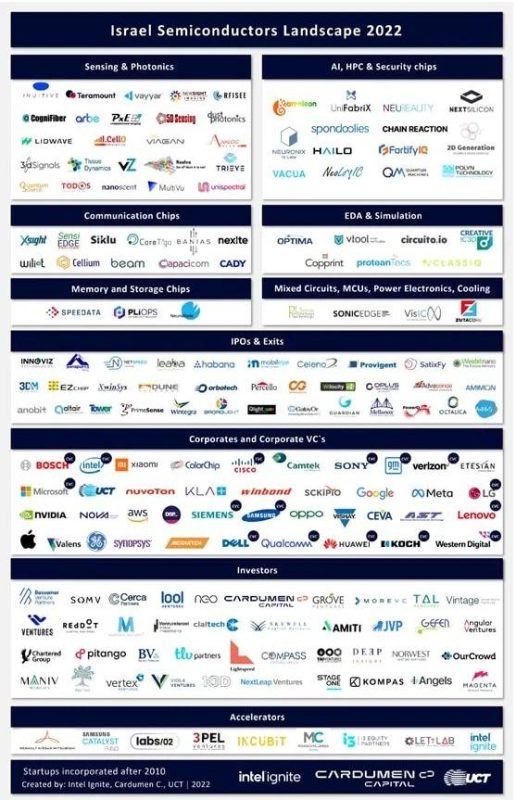
2022年以色列半导体格局
以色列的半导体产业至今已有 40 多年的发展历史,是全世界拥有最完整半导体产业生态链的国家之一。世界上第一台手持移动手机、第一个电脑处理器、闪迪的第一个 U 盘以及英特尔的首枚手机芯片等都在这里诞生。
从1974年英特尔在以色列建立第一个研发中心开始,以色列在全球半导体行业的发展中就发挥了越来越重要的作用。这个研发中心的负责人是一个名叫多夫·弗罗曼(Dov Frohman)的以色列人,他出生在二战前夕的阿姆斯特丹,父母都死于纳粹德国对犹太人的屠杀,Frohman则被藏匿在一个比利时农民家里,直到战后被以色列的远房亲戚发现。
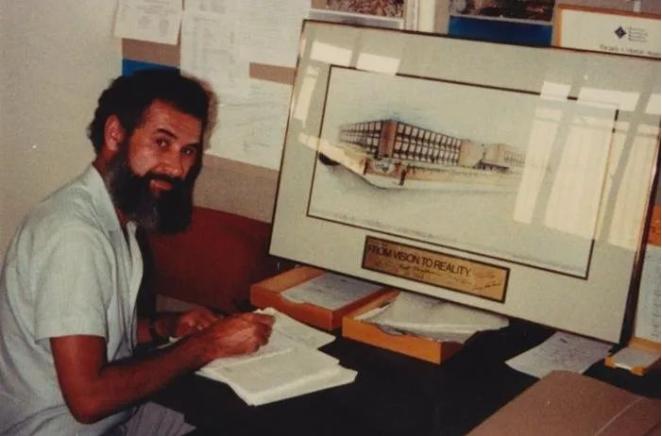
1976年的Dov Frohman
在军队服役后,Frohman进入了被誉为“中东MIT”的以色列理工学院,随后赴美攻读硕士,毕业后加入了大名鼎鼎的仙童半导体。
1969年,拿到博士学位的Frohman又跟随英特尔三巨头戈登·摩尔、罗伯特·诺伊斯和安德鲁·格罗夫,加入前一年创立的英特尔公司。在英特尔的30多年里,Frohman最大的贡献就是发明了EPROM。
1974年,功成名就的Frohman决定回国建设家乡,顺便说服了英特尔到以色列开设研究中心,这就是以色列半导体产业的起源。
Frohman领衔的海法研发团队不负众望,在1980年设计出了英特尔的里程碑产品之一:8088芯片。由于体积足够小,8088是真正意义上第一款面向PC市场的CPU。1981年,推出搭载微软MS-DOS和8088芯片的IBM PC,获得巨大成功。
以色列人对此非常自豪,当地企业家Jon Medved一度开玩笑,英特尔应该把“Intel Inside”的广告语换成“Israel Inside”。
同样,苹果在设计第一款手机处理器A4时,也挖来了曾在英特尔工作十多年的以色列人Johny Srouji。和Frohman一样,Johny Srouji毕业于以色列理工学院,加入苹果后迅速成为芯片部门一号人物,掌舵特拉维夫的芯片研发中心,被彭博称为“那个你从来都没听说过,但又最重要的苹果高管”。
根据以色列风险投资研究中心(IVC)数据,截至2018年1月,以色列共有163家芯片公司,35个研发中心,处于初始收入期公司67家,芯片设计公司30家,半导体器械设备公司20家,光学通信10家,晶圆厂8家。英特尔、高通、三星、博通……几乎所有全球领先的国际半导体公司都在这里安营扎寨。
在竞争日趋激烈的半导体产业,以色列有大批优秀的芯片公司正被国际半导体巨头争抢收购,还有一大批刚刚崛起的芯片初创企业,正在吸引包括中国在内的越来越多国际投资者的目光。
难以想象,在这片国土面积仅1.5万平方公里的土地里竟孕育出了160多家芯片公司;也难以想象,如果战争爆发,会对以色列乃至全球的半导体产业带来什么样的打击。
下面我们就看看以色列诞生了哪些芯片公司。
以色列的那些芯片公司
如果仔细分析一下以色列的半导体市场。存储占据以色列半导体市场最大份额,其次是电源管理IC、逻辑芯片、OSD(On Screen Display)、以及模拟芯片。
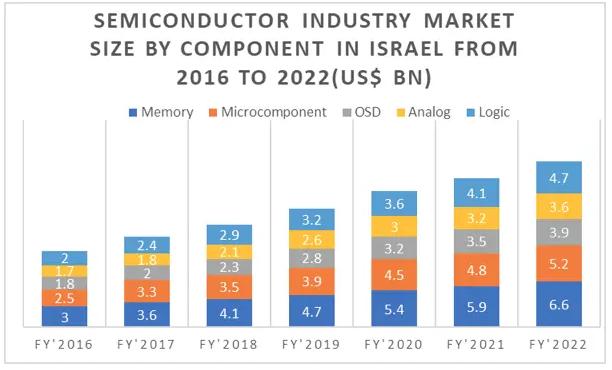
不过随着AI的浪潮席卷全球,AI芯片迅速成为最热门的焦点之一,以色列作为走在世界前列的芯片国家,近几年也诞生了不少AI芯片公司。以下游应有市场划分,以色列半导体最大市场是数据处理,其次是通信、工业、消费电子及自动驾驶。
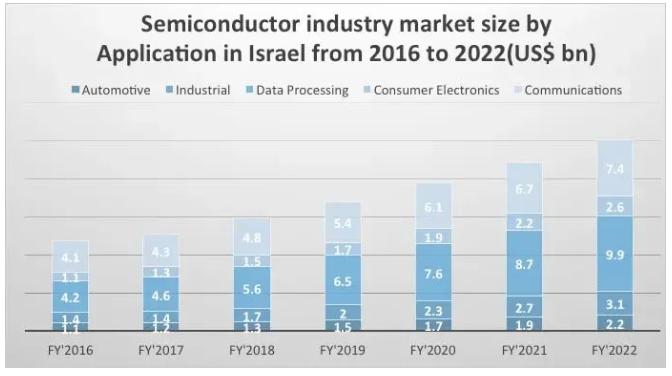
1.Hailo Technologies
以色列初创公司Hailo Technologies 成立于2017年,今年5月份公司推出了第一款专为终端设备深度学习应用而设计的处理器,可支持自动驾驶汽车,智能相机,智能手机,无人机和VR/AR现实等设备。与用于数据中心的处理器不同,该芯片最重要的特征是低能耗电源,物理尺寸小,低价格和操作灵活性大。第一批样品即将交付给汽车行业和相机公司的主要制造商和供应商进行性能测试。
2018年 Hailo Technologies 获得了1250万美元A 轮融资,2020年完成6000万美元的B轮融资。
2.Inuitive
以色列半导体创企Inuitive成立于2012年,是一家先进的3D计算机视觉和图像处理器设计厂家,利用CEVA-XM4智慧视觉DSP的授权许可,运行复杂的即时深度感测、特征跟踪、目标识别、深度学习和其它以各种行动设备为目标的视觉相关之演算法。其产品NU3000/NU4000是支持3D图像处理和计算机视觉(CV)处理的ASIC芯片。据说Inuitive是第一家也是唯一一家提供专用且完整的3D图像处理和CV协处理器的公司。
2017年Inuitive与日本软银集团子公司SoftBank Corp.达成合作协议,软银公司未来的物联网(IoT)将使用该创企研发的芯片。除了软银,Inuitive和百度、腾讯在机器人方面也有合作,这家公司还在深圳组建了一支团队来做客户支持。2022年,Inuitive退出NU4100,扩大其边缘人工智能芯片产品组合。
3.Vayyar Imaging
Vayya是一家2011年成立的3D传感器企业,三位联合创始人的背景都非常强大,分别曾在英特尔等高科技公司身肩要职,并在专业领域拥有长达二三十年的研发经验,其中的两位创始人曾在以色列国防军中被委以重任。
作为全球3D成像技术领导者的Vayyar,不仅提供提供乳腺癌筛、泄漏检测及安全监测等应用的传感器,还研制了毫米波级 3D 成像的系统级芯片。其芯片覆盖 3GHz-81GHz 的成像和雷达频段,一块芯片包含 72 个发送器和接收器。
2017年12月28日,Vayyar Imaging与SoftBank Corp共同宣布双方将在物联网领域进行紧密合作,SoftBank将成为Vayyar产品在日本市场的渠道优先合作伙伴,SoftBank称Vayyar的传感器技术与软银的客户需求有很大的协同作用。
2022年,吉利汽车母公司江吉利控股集团的GLy New Mobility Fund宣布,已完成对Vayyar Imaging的投资,本轮融资涉及1.08亿美元。
4.NeuroBlade
NeuroBlade成立于2017年,开发用于人工智能应用的处理器称之为SPU(SQL处理单元),可用于自动驾驶汽车,视频分析和图像识别。该公司的目标是成为“数据分析领域的 Nvidia”。
NeuroBlade SPU主要是用来加速SQL指令处理,该公司CEO表示,通过使用专门设计的处理器加速SQL处理,可以实现端到端SQL分析加速。在部署方面,该芯片通过主机服务器的PCIe总线插入,能够透明地接管SQL相关处理,而无需修改主机应用程序软件。
5. NeuReality
NeuReality成立于2019年,总部位于以色列,定位于深度学习和人工智能解决方案架构颠覆者。公司全新定义了以AI为中心(AI-centric)的推理方案架构,并打造了与之配套的NAPU(Network Addressable Processing Units)芯片,从而取代传统的以CPU为中心的AI推理方案。与现有技术相比,NeuReality的解决方案专为需要更高性能、更低延迟和更高效率的数据中心和近边缘本地位置的优化部署而构建,将广泛应用于公共安全、电子商务、社交网络、医疗保健等领域。
以色列较强的芯片公司
Towerjazz
Towerjazz(高塔半导体)作为全球特种工艺晶圆代工的领导者,是由Tower半导体公司和Jazz半导体公司合并而来,Towerjazz生产智能手机芯片、充电器、直交流电适配器及图像传感器。TowerJazz 的客户遍及汽车、医疗、工业、消费、航空航天和国防等领域。过去几年中,TowerJazz在推动客户成功的同时,实现了创纪录业绩增长,并将继续追求卓越的技术与品质,保持强劲的增长前景。
2022年,英特尔曾计划收购高塔,但在2023年8月宣告结束此收购交易,原因是无法按时获得(中国)监管机构的批准。
Sckipio
Sckipio,成立于2012年,总部位于以色列拉马特甘,主要是开发针对G.fastModem应运的调制解调器和宽带应用芯片。Sckipio于2014年推出了全球首款G.fast调制解调器芯片组,该芯片组基于目前使用的铜线可提供高达2Gbp/s的宽带,为家庭用户提供“最后一英里”无线宽带接入。从根本上改变了电信服务提供商如何以最低成本为需求带宽的用户提供1Gbps超宽带互联网接入。据悉。市场上超过20%的Gfast标准都是来自Sckipio技术。Sckipio曾在以色列新兴科技公司排行榜上位居榜首,可以说Sckipio是G.fast领域的全球领导者。
Xsight Labs
Xsight Labs LTD创立于2017年,总部位于以色列Kiryat Gat,是一家为数据中心和汽车行业制造芯片组半导体领域的初创公司。致力于加速下一代基于云的数据密集型工作负载,如机器学习、数据分析和分离式存储。在这个以数据为中心、带宽呈指数级增长的时代,Xsight提供了全新的芯片组设计,增强了可扩展性、性能和效率。
那些被收购的以色列芯片公司
以色列的芯片之强,还体现在有多家具备出色的创新思维和研发能力的以色列芯片公司被中外的科技巨头们并购。根据以色列知名股权众筹平台OurCrowd的研究,过去十年中,超过70%的以色列芯片相关公司在营收达到百万美元后都成功地实现了IPO或者被收购。
1.Mellanox
Mellanox Technologies成立于1999年,总部位于以色列约克尼穆(Yokneam),同时在美国设立了办事处。该公司以数据中心服务器芯片为主要业务,是服务器和存储端到端连接解决方案的领先供应商。Mellanox 的专长是为连接服务器的高速以太网和 InfiniBand 生产芯片。
2019年3月份,英伟达正式宣布会以高达 69 亿美元的价格收购了Mellanox ,而这也是 NVIDIA 当时金额最大的一笔收购。而在得到了 Mellanox 的助力之后,英伟达的公司也有望在服务器市场谋得更大的发展(这部分大概占到 NVIDIA 业务的三分之一)。
2.Habana Labs
Habana Labs是一家位于以色列特拉维夫和加州圣何塞的无晶圆厂半导体公司,Habana Labs公司成立于2016年,该公司专精于使用人工智慧提升芯片处理效能,同时降低芯片成本与电力消耗。着手从头开发人工智能处理器,为深度训练神经网络的特定需求以及生产环境中的推理部署进行优化。在所有的人工智能半导体创业公司中,Habana Labs是第一家,也是唯一一家推出生产就绪型的人工智能处理器的公司。
2018年9月,Habana Labs推出了全球性能最高的AI推理处理器样品,称其AI处理器的性能比当前数据中心部署的一半解决方案要高出一到三个数量级,基于其 Goya HL-1000 处理器的 PCIe 卡在ResNet-50 推理基准下能实现每秒15000张图片的吞吐量,延迟时间为1.3毫秒,功耗仅为100瓦。Habana Labs 的 Goya 平台从头设计,目标实现深度学习推理。
2019年12月16日,英特尔正式宣布以20亿美元收购Habana Labs。这是继153亿美元收购Mobileye、3.5亿美元收购Nervana之后,英特尔第三次收购大型人工智能初创公司。
3.ColorChip
ColorChip成立于2001年,总部位于以色列北部城市伊利特约克纳姆,该公司主要为电信供应商和数据中心设计和制造通信组件。ColorChip主要开发基于被称为SystemOnGlass的混合集成技术,利用玻璃材料晶圆制作光器件,从而将半导体领域的制造技术带入光通信领域。ColorChip在以色列拥有自己的fab,并在此制作自己的各类器件。业务上主要包括应用于FTTx市场的无源PLC分路器产品系列,和应用于高速网络的收发器产品系列。Facebook是ColorChip的客户之一。
2018年中国芯片设计公司三安光电以3亿美元收购了该通信芯片公司ColorChip,此次收购三安光电将能够继续强化其在集成电路尤其是通信芯片领域的研发力度。
4.Mobileye
Mobileye 是以色列一家生产协助驾驶员在驾驶过程中保障乘客安全和减少交通事故的视觉系统的公司,成立于1999年,公司在单目视觉高级驾驶辅助系统 (ADAS) 的开发方面走在世界前列,提供芯片搭载系统和计算机视觉算法运行 DAS 客户端功能,是宝马、奥迪、特斯拉、沃尔沃、福特等27家大牌汽车厂家高级驾驶辅助系统(ADAS)和自动驾驶技术的供应商。
2017年3月13日,英特尔宣布以153亿美元收购了该无人驾驶技术公司Mobileye,这成为以色列高科技公司的最大金额收购案。
5.Orbotech
奥宝科技(Orbotech)是一家位于以色列雅夫内的科技企业,成立于1981年,经过三十多年的发展,奥宝科技(Orbotech)已成为全球最大的先进精密制造解决方案的领导者。如果没有他们的机器,苹果、三星、LG等公司均无法生产芯片和开发新设备。
2018年3月,美国半导体公司KLA-Tencor以34亿美元收购了Orbotech,希望通过此次收购在印刷电路板、平板显示器、半导体制造和封装等高增长市场获得新机会。
6.Toga Networks
Toga Networks位于以色列霍德夏沙隆,公司成立于2009年,Toga Networks为IT和电信市场提供先进技术研究和高水平设计,已经为电信行业设计和开发了一系列产品,包括交换机、路由器等,并同时将业务范围扩大到了云存储系统和数据中心应用领域。
2016年12月,华为收购了Toga Networks,双方对交易的商业条款保密”。华为并未提供更多的细节。
7.Rocketick
Cadence在2016年4月以4000万美元收购的以色列芯片创企Rocketick,Cadence的基于多核并行运算技术的并行仿真平台Xcelium就是Rocketick带来的技术。
8.Wilocity
Wilocity成立于2007年,是以色列一家无晶圆厂芯片制造商,主要研发WiGig芯片。WiGig是一种新型无线传输技术标准,采用60GHz传输技术能在10米-20米的短距离内实现最高7Gbps的无线传输。2014年7月,高通宣布以3亿美元收购Wilocity。
9.Annapurna Labs
Annapurna Labs是一家2011年成立的以色列芯片制造商,公司主要研发微处理器,这种微处理器可以让低功率的的计算服务器和存储服务器快速地运行数据。Annapurna Labs是过去10年中以色列国内成长起来的优秀初创型芯片厂商之一。2015年1月,被亚马逊收购。
10.Primesense
PrimeSense 创立于2005年,PrimeSense是一家以色列公司,对数字设备观看和理解世界的方式进行了彻底革新。2013年11月被苹果以3.45亿美元收购。目前PrimeSense的技术已经被用在“3D touch”后面,有人猜测该技术还会被用于Apple TV中。
11.BroadLight
以色列芯片开发商BroadLight在2000年成立,BroadLight是高度集成的网络和嵌入式处理器的领先供应商,其处理器可为交换局和客户端设备实现光纤级品质的服务交付。主要为为光纤通信网络提供半导体和软件,收购前累计融资额达5500万美元。2012年3月,博通宣布以1.95亿美元收购BroadLight。此外,博通曾在2011年4月以3.13亿美元收购另一家以色列芯片开发商Provigent。
12.Autotalks
Autotalks成立于2008年,是一家无晶圆厂半导体公司,致力于为载人和自动驾驶汽车提供车辆到一切(V2X)通信。是一家私营企业,Autotalks的市场第一代第二代芯片组可提供最高的性能和可靠性,并部署在由全球OEM和Tier1驱动的众多激动人心的连接和自动驾驶项目中。Autotalks是唯一一家提供与任何V2X技术兼容的全球V2X解决方案的公司,同时坚持最严格的安全性,功能安全性和可靠性汽车要求。
2023年5月,为了加速V2X解决方案的开发和采用,高通公司宣布其子公司高通技术公司已与Autotalks公司达成最终收购协议。
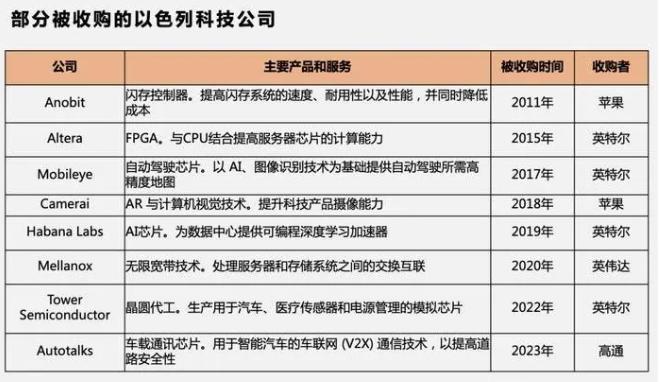
除了上面所提到的以色列的被收购的芯片公司,此类案例不胜枚举,2015年8月ARM收购Sansa Security,2016年3月思科收购Leaba,2016年1月索尼收购Altair semiconductor,2015年1月亚马逊收购Annapurna,2014年7月高通收购Wilocity,苹果在2011年12月花费约4-5亿美元收购了以色列闪存设计公司Anobit,三星在2007年11月宣布以7000万美元收购了以色列芯片设计公司TransChip,Marvell在2000年花费27亿美元的高价收购局域网芯片提供商Galileo Technology等等。
大部分被收购的公司都有类似的特点:技术能力很强,但几乎没有销售和运营能力,甚至没有成型的产品。苹果在2011年收购的Anobit是个典型的例子。
类似的故事数不胜数,以色列公司往往会赌博式的瞄准非常前沿的技术领域,比如AI和自动驾驶,然后在技术成熟后就寻求安全退出,这也让以色列成为了风险投资圣地。
据统计,有1/3的以色列公司通过上市退出,2/3的公司通过被收购退出,其中大部分被美国公司收购。然后这些创业者就会开始他们的第N轮创业,也正由于此,以色列的数百家初创半导体公司大部分都将重点放在打磨技术上,而不是商业与运营。
